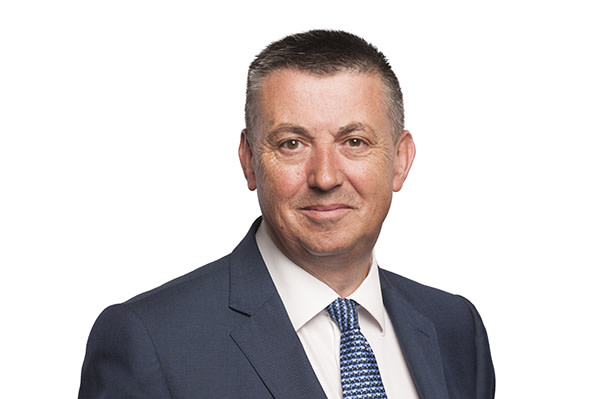

The manager of the £133m Unicorn Mastertrust said he liked "unusual, unique investment trusts", which is reflected in the holdings within his portfolio of investment trusts.
Speaking to FTAdviser, Walls said the "vast majority" of the master trust's holdings can be described as "pretty unique".
He explained that although some unique investments have fallen by the wayside - such as Neil Woodford's former Patient Capital Trust - good trust managers with long track records are able to provide the sort of growth he looks for.
FTAdviser: Can you give examples of unusual trusts that you have added to your portfolio?
Peter Walls: The vast majority of Mastertrust’s holdings can be described as pretty unique, we like investment trusts that take advantage of the benefits of the investment company structure, primarily the luxury provided by a permanent pool of capital to invest for the long term in less liquid assets.
Consequently we have a bias towards smaller companies trusts (those invested in both the UK and overseas) and listed private equity trusts. Each of these areas have demonstrated superior long-term performance (after costs) relative to large public market quoted equities.
Smaller companies trusts we hold include BlackRock Throgmorton and Gresham House Strategic in the UK and JPM European Discovery and Atlantis Japan Growth overseas. LPE holdings include Oakley Capital Investments, Harbourvest, ICG Enterpise and Standard Life PE.
We also favour specialists like Herald, with a strong long-term record achieved by Katie Potts in an area largely deserted by UK institutional investors; North Atlantic Smaller Companies, successfully managed by Christopher Mills over decades with significant skin in the game – another attribute we like; and Hipgnosis Songs Fund, which has strong positive tailwinds from music streaming and the return to live performances.
FTA: How popular is 'being different' in terms of market behaviour? Is doing something unique more beneficial than doing something 'safe'?
PW: We believe in the words of Howard Marks (you can’t do the same thing as others do and expect to outperform) and Sir John Templeton (if you want to have better performance than the crowd, you must do things differently from the crowd).
Clearly some unique strategies will suffer bouts of sustained underperformance and some may fail altogether (Woodford alert) but on average 'unique' should be beneficial.
FTA: What sort of qualities do you look for in an investment trust when you monitor the market? What does the manager have to do in order for you to make room in your portfolio for him or her?
PW: Past performance is the primary consideration but this has to be viewed in the context of the asset class in which the manager specialises.
Thankfully there are many trust managers with long track records so we can assess whether their investment style has been applied consistently over at least one market cycle.
We also need to be comfortable with succession planning and the effective marketing of the trust.
FTA: How impactful are trends such as environmental, social and governance or diversity and inclusion when it comes to investment trust board management? Do you look for positive metrics on these before you invest, or do you engage with trust boards on these issues for your existing holdings?
PW: The above trends are hugely important and are set to continue to be a growing feature in the investment companies sector.
Naturally we look for positive metrics and question boards and management companies where we have concerns, but over many years we have found the vast majority of managers and directors to be of great honesty and integrity while being alive to these issues.
FTA: You tend to buy and hold - what does it take to get into your Mastertrust - and what does it take for you to ditch a trust?
We do like to buy and hold wherever possible but we are also sensitive to extreme changes in discount ratings which can occur either when a trust’s area of specialisation has performed particularly strongly or poorly, and the discount or premium has respectively improved or deteriorated.
We look to recycle the funds' capital into contrarian situations where we believe there is a catalyst for an improvement.
FTA: How much of a concern is Brexit for the companies in your portfolio?
PW: While there would appear to be few immediate winners from Brexit we don’t view the situation as a great concern for our companies.
FTA: How much crossover of underlying holdings is there in your portfolio?
PW: Because we have a preference for specialist trusts there is surprisingly low crossover of underlying holdings in most areas although some of the UK smaller companies trusts that we hold (particularly those invested in larger smaller companies) inevitably have some common holdings.
simoney.kyriakou@ft.com



